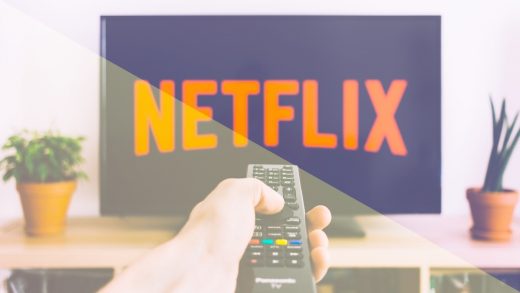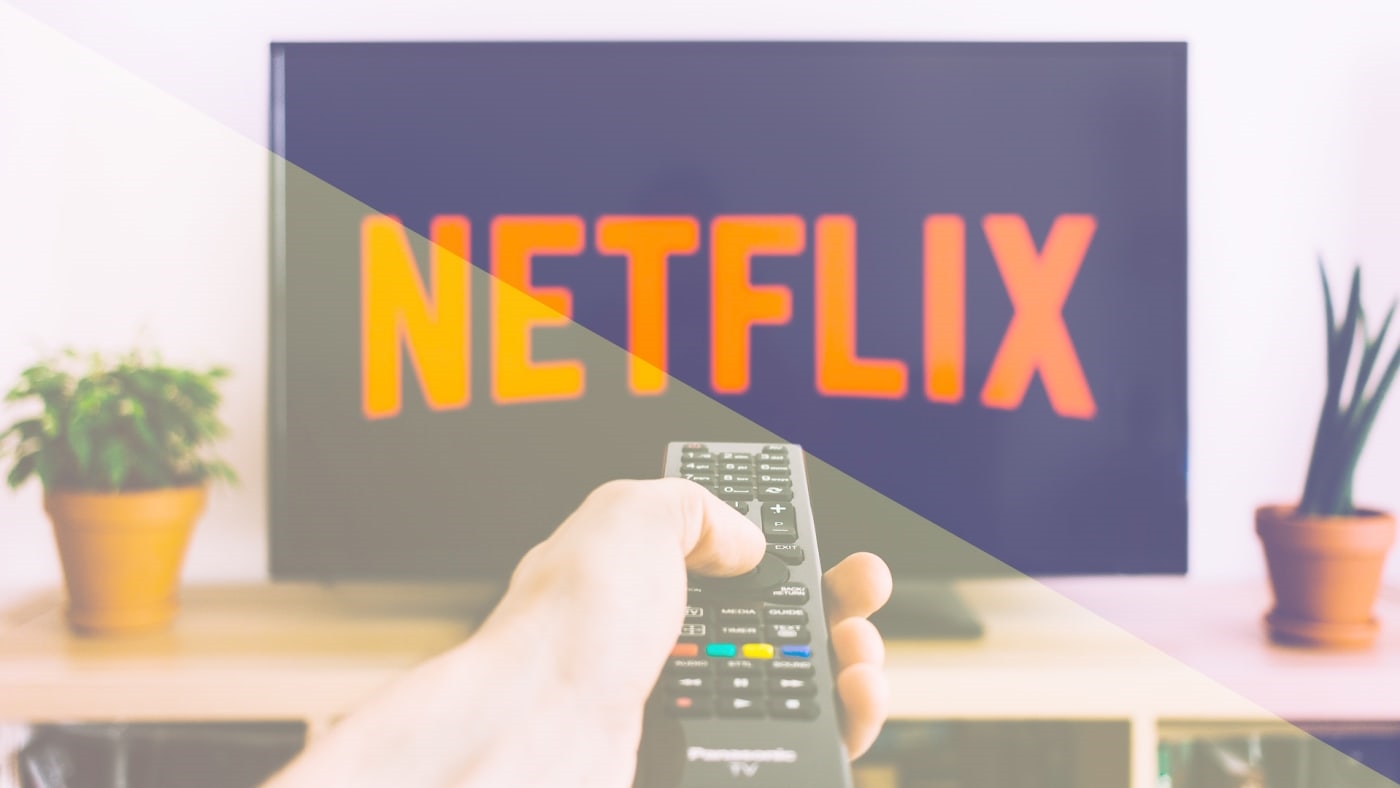13 reasons why Netflix’s disappointing quarter merits scrutiny
Reed Hastings, dressed in a jaunty ocean-blue blazer and matching high V-neck T-shirt, appeared on his quarterly earnings video Monday looking like a veteran road comic trying out for one of his streaming service’s big payday standup specials rather the CEO presiding over the company’s first disappointing earnings report in the last five quarters.
He brought the funny too, shooting down his one feeble heckler who asked for an explanation for the company missing its projected subscriber additions by 1 million, by responding, “The fundamentals have never been stronger.” You thought Hannah Gadsby’s special was a deconstructionist triumph? Wait until you get a load of this.
Hastings had more than just a great opening bit. When the one poor analyst who had been picked to conduct the earnings interview asked if price hikes had anything to do with the miscalculation, the CEO replied, “We’ve seen this movie of Q2 shortfall before about two years ago in 2016 and we never did find the explanation of that.” This quarter, like that one two years ago, is the Bright of earnings reports: A movie that’s simply inexplicable!
For more than 15 years, Netflix has touted its data prowess. It’s how it knows what programming to recommend to users; it’s how it has figured out original content opportunities others miss. Netflix believes it can mint new stars and correctly predict what we’ll want to watch at any moment of the day. Its data has been considered so valuable that the company couldn’t possibly share it with producers, actors, or the public. Investors, analysts, rivals, and a lot of journalists have anointed Netflix a data jedi.
But now, when it comes to predicting how many new users sign up in a three-month period, it’s gosh, I don’t know how we could ever figure that out.
I am not a Netflix skeptic, and this one miss is far from catastrophic. Netflix is still growing and it has 130 million subscribers to its streaming service, which is 130 million more than Disney or Comcast or Viacom have to theirs. This could all be forgotten with the next ex-President Netflix signs up to make content, or certainly by next quarter when it could well beat its current projections.
Perhaps the takeaway here though, is that it’s Netflix’s reality distortion field that needs to stop growing. Or even better, it should be pierced. Maybe every new show isn’t a hit. What if every new movie isn’t a blockbuster? It’s conceivable that its debt-fueled spending isn’t sustainable. Let’s entertain that we shouldn’t build golden idols to datasets and the algorithms that crunch them.
If we can do that, we can certainly ponder that “more shows, more watching; more watching, more subs; more subs, more revenue; more revenue, more content,” as chief content officer Ted Sarandos told New York magazine, may not be the perpetual motion machine it’s hyped to be.
And if we’re that sober, we can muse that more outcry is warranted when Hastings responds to criticism about one of his young-adult series glamorizing teen suicide by saying, “13 Reasons Why has been enormously popular and successful. It’s engaging content. It is controversial. But nobody has to watch it.”
Maybe Hastings should cut that one from his act if he wants to win the crowd back.
Fast Company , Read Full Story
(12)



